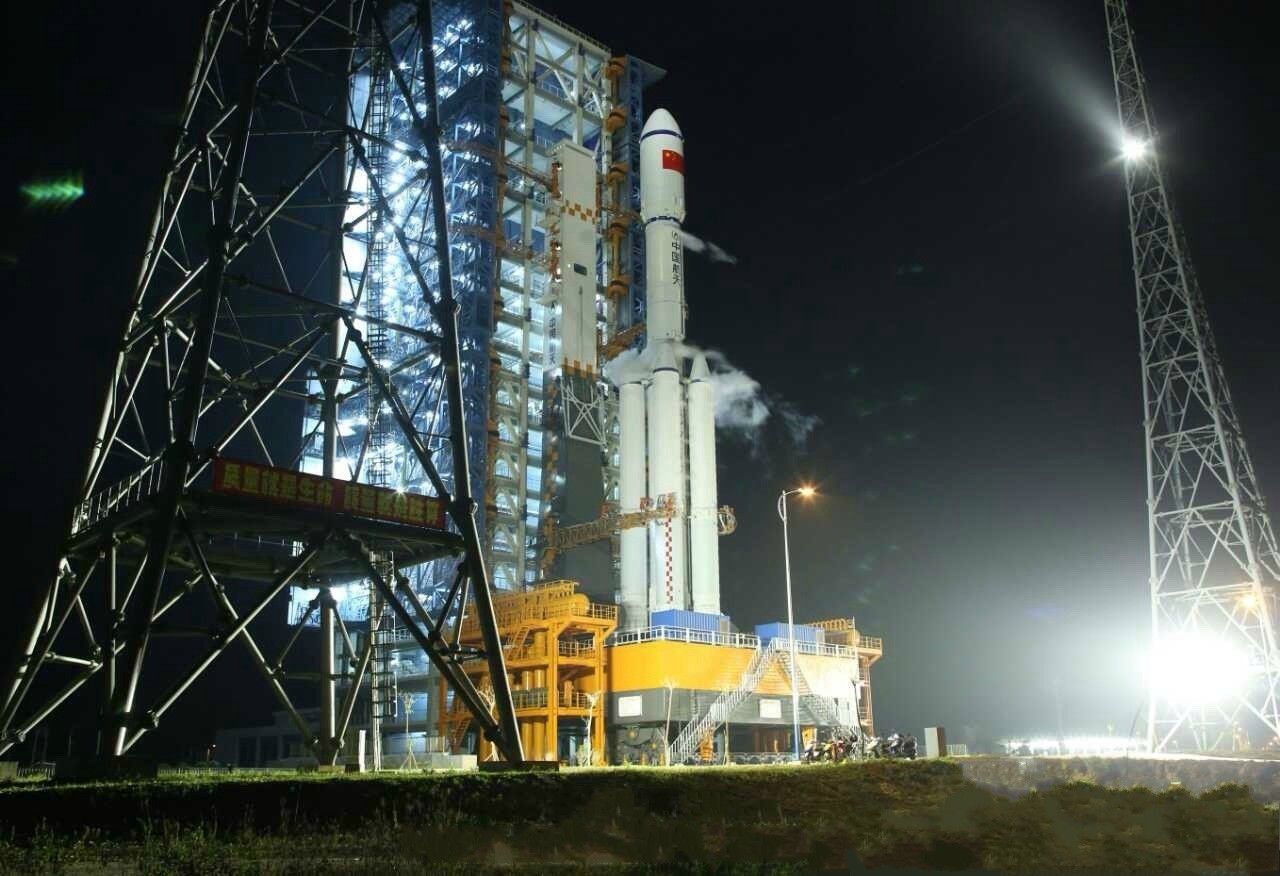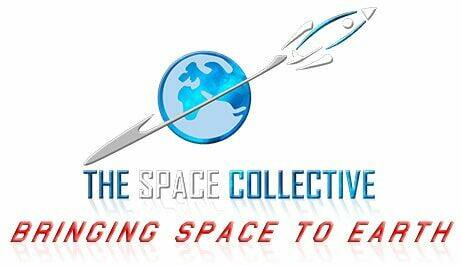As we sit here, looking over the last few weeks of quite remarkable events in space, such as the explosion of the ESA EDM lander on Mars (Maintaining the record of 0% success rate for any non-U.S launched vehicle in getting to and doing science from the surface of the red planet), our attention was turned once more to the Far East, and China.

Quietly, and without much fuss, they have developed a pathway in space flight, which has in many respects replicated the early days of the U.S space program. They launched satellites many decades ago, then sent a single person to orbit, in a Mercury style way, then more than one, then docking, and now a space station once more bearing the red flag of China is circling our skies.
Much speculation has been made about China and their long term ambitions. The Chinese Space agency and Govt tightly control press releases and information, which in many respects can only be applauded, as they don't over-hype what they are doing, and genuinely seem to celebrate success.
The U.S space agency NASA, is working hard on a range of goals, with a quite limited budget. Trying to fund all robotic missions and human spaceflight, with the Orion/SLS launch and the JWST accounting for around $13 billion at least between them over the past years, no wonder a larger and larger reliance on commercial companies is needed.
But China, seem to have less in the way of budget worries, and, much like Jeff Bezos and his Blue Origins company, just "get on with doing it", slowly but surely.
It is oft said that the American public got tired of the space race the second Neil Armstrong and Buzz Aldrin set foot on the Moon, until the imminent threat of Apollo 13 woke them from their slumber for a little while, before going back to sleep. The commercial flights of New Shepard and SpaceX have given America much to cheer about again in spaceflight though, with SpaceX launch/land/relaunch missions almost descending in to fever pitch levels of "USA USA" chanting at their launch control office. But one has to wonder, in the days ahead, with the biggest decision in U.S political history almost upon us, what the future really does hold for space?
One candidate wants to make "America great again", does that mean they will invest heavily in the one thing that truly did make America respected the world over? The one thing that truly did make everyone, including the Soviet Union at the time, think "wow, they really are great" (that thing being Apollo), or does it mean, as with the U.K's recent exit from the EU, that the USA will become more insular and border controlling?
Science has no borders. The ISS for all of its errant failings as a space station, has proved that time and again. The ASTP project kick started the revolution that humankind really can forget differences when in space. The fictional Star Trek series in the 1960s set a benchmark for this. So when will politics realise that for space to truly succeed, we need to act globally?
China is stealing a long march on everyone right now. If only we could see beyond our blinkered vision of space science in all frontiers, and collaborate, then that goal of reaching Mars, and even going back to the Moon, could possibly be achieved a lot sooner.
